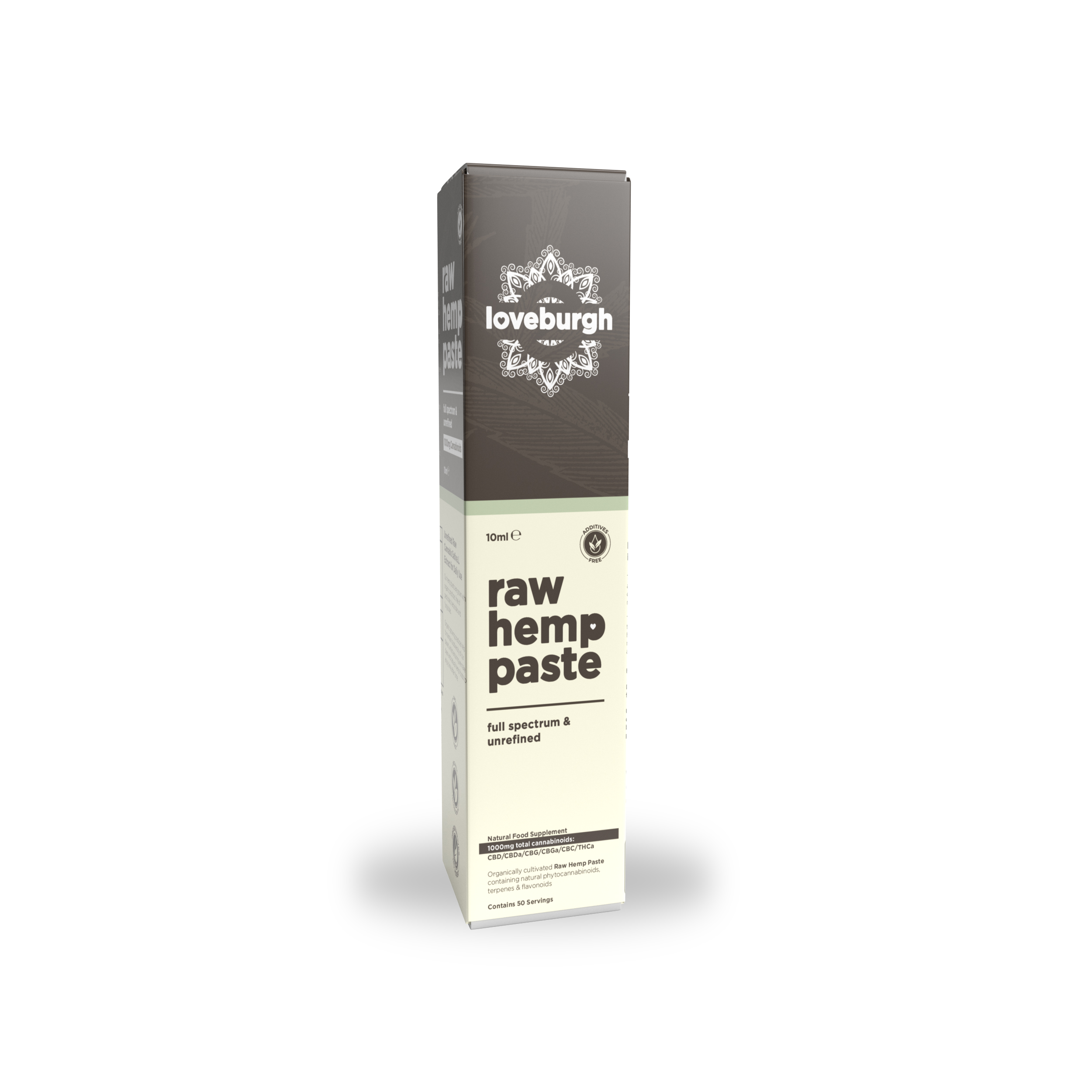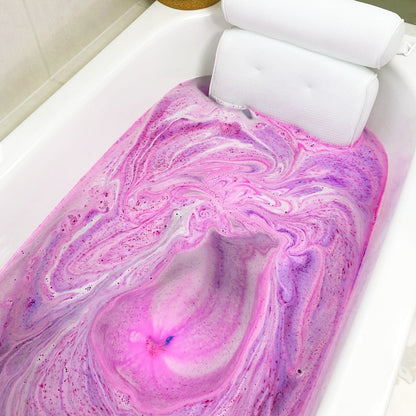
CBD oil could be an option for those with diabetes who are trying to lower their blood sugar levels. But what is Cannabidiol oil, and what are its risks? This article will discuss the benefits of CBD oil in treating diabetes. Be sure to find out about CBD oil's safety and effectiveness before making a purchase. There are some common myths about CBD oil and diabetes, but the truth is a lot more exciting.
Cannabidiol oil
Cannabidiol oil has been shown to be effective in controlling diabetes. It is not intoxicating, can lower blood glucose levels, and may relieve some of the symptoms and signs of diabetes. This compound stimulates the body's receptors for cannabinoid to reduce glucose levels and flush out excess sugar from blood cells. CBD oil has also been shown to be a treatment for seizures.

CBD has been shown to have health benefits and can be used to treat anxiety and depression. About 40% of people with diabetes have reported experiencing psychological distress since being diagnosed. Because stress hormones can increase blood sugar levels, CBD can reduce anxiety and stress levels. Moreover, CBD is known to reduce the effects of diabetes medications, such as insulin shots.
Type 2 diabetes is more severe and requires regular insulin injections. It is important to be aware of the possible risks associated with type 2 diabetes. This can lead to diabetic ketoacidosis. It should not be taken as a panacea for diabetes. CBD oil isn't a cure-all for diabetes. Some people have reported a reduction in their glucose levels by using it. There are no scientific studies to back these claims.
Cannabidiol oil as a treatment for diabetes
There are many benefits of Cannabidiol, and many people have turned to it as a natural remedy for diabetes. Although there are not many studies that CBD can be used in humans, they have shown promising results in animal models. It can also increase nerve cells which may reduce pain. However, its potential for use in diabetes has yet to be proven. CBD is a minor therapeutic option in type 2 diabetes.
Cannabidiol should be prescribed only to people who have diabetes. CBD can be taken in many different ways. Inhalation is one way to get it into the bloodstream. Other methods include edibles and topical applications. Consult your doctor before using CBD. It can interact with prescriptions and other over-the–counter medications. You should start small, then increase gradually.

Inflammation is a major contributor to diabetes. This complicates the treatment. Anti-inflammatory medications can be effective for type 1 diabetes. Cannabinoids are natural anti-inflammatory agents produced by the body, and they work by interacting with the endocannabinoid system to control mood, appetite, memory, and the immune response. CBD oil could have an impact on diabetes.
FAQ
Does CBD help with anxiety?
CBD oil has the ability to alleviate anxiety by interfacing with certain receptors within the brain, CB1 and CB2. The endocannabinoid systems regulates mood and stress response.
CB1 receptors are activated by chemicals released when we feel anxious. This receptor activates and sends signals to amygdala which is responsible for emotional processing.
When the CB1 receptor gets blocked, the amygdala can't process emotions. People who use CBD have fewer negative emotions.
2017 study found that CBD helps reduce anxiety in social phobia patients. Another study concluded that CBD had a positive effect on symptoms of PTSD.
A 2018 review concluded that CBD has anxiolytic properties and could help treat generalized anxiety disorder.
Another study indicated that CBD might help reduce panic attacks.
However, multiple studies have shown that CBD does increase anxiety in mice.
According to the researchers, this discrepancy between animal and human data may be due in part to differences in CBD's effects on humans and animals.
CBD has not undergone any safety studies. However, most experts agree that CBD is safe when used as directed.
Which states consume the most CBD?
California, Colorado, Oregon, and Washington are the three top states. These states have large populations, high incomes, and low unemployment rates. They also have a higher number of hemp farms compared to other states.
California leads because its economy relies heavily on agriculture. It produces most of the nation's vegetables and fruits. This makes sense since cannabis is derived from the same plant as hemp.
Oregon and Colorado closely follow because both countries produce marijuana for medicinal purposes. These two states, however, do not permit the recreational use of marijuana, as California does.
Other states that are highly ranked include Washington, New York. Florida. Illinois. Pennsylvania. Mississippi.
What amount of CBD do I require?
The type of product that you're buying determines how do you decide to do it.
The majority of CBD oils are available in strengths between 100mg and 1,000mg per bottle.
Some CBD products come in specific doses such as 25mg 50mg and 75mg.
Charlotte's Web, for instance, produces CBD products that are high in CBD and other cannabinoids.
If you're unsure whether or not CBD will work for you, start with a low dose.
You can always go higher later.
Can I use CBD during pregnancy?
There isn't enough research to know if CBD is safe to use during pregnancy.
But based on the limited amount of information available, it appears unlikely that CBD would cause harm to the baby.
Pregnant mothers should not consume CBD unless it is recommended by their doctor.
The Food and Drug Administration has issued a warning regarding potential risks of CBD use during pregnancy.
FDA claims that "there are some evidences that cannabis consumption during pregnancy may increase the likelihood of miscarriage."
According to the agency further research is required before any firm conclusions can be reached.
Where can I buy CBD products?
CBD can be bought online or at your local retailer. Online retailers are more likely to offer you better deals. Many websites sell CBD products containing industrial hemp.
If you prefer to shop locally, look for brick-and-mortar businesses that specialize in selling CBD products.
Many states now have laws allowing consumers to buy CBD products without a prescription. You may be able buy CBD products from your local pharmacy if you are a resident of one of these states.
CBD products could even be delivered to your home.
Which countries produce CBD of the highest quality?
The United States produces the vast majority of CBD products.
Canada, Australia New Zealand, Israel, and New Zealand all produce high-quality CBD products.
Is CBD still a viable alternative?
Yes. The answer is no, not because of its medicinal benefits, but because it helps people feel better without getting high.
It doesn't make any difference to your feelings when you use it, making it an ideal alternative to prescription medication.
Studies have shown that cannabis is effective in relieving pain, anxiety, depression and insomnia.
Cannabinoids found in cannabis also interact with the receptors in our brains. This interaction creates feelings of relaxation and well being.
So if you're interested in using cannabidiol (CBD) oil for health reasons, then it's important to understand what exactly it does and how it affects us.
Statistics
- HR −16 mmHg; 95% CI −26, −6; I2 = 92%) (ncbi.nlm.nih.gov)
- The use of these products is likely to become even more widespread if the World Health Organization's recommendation that CBD no longer is scheduled in the international drug control conventions is adopted by the United Nations member states [201]. (ncbi.nlm.nih.gov)
- however, one study also found that these effects were virtually abolished when the original media (a nutrient broth agar) was replaced with one containing 5% blood (increasing the minimum concentration to ~160 μM CBD) [179]. (ncbi.nlm.nih.gov)
- While the primary injury may not be treatable, interventions that attenuate secondary sequelae are likely to be of benefit [203].Only one study (ncbi.nlm.nih.gov)
- CBD seems unlikely to directly influence sleep in healthy humans [115] (and maybe “sleep-promoting” in those with certain comorbid conditions) (ncbi.nlm.nih.gov)
External Links
How To
What are the main issues with the CBD industry.
The market for CBD products is expanding at an astounding rate. However, this market is still full of challenges for businesses that want to expand. These include a lack consumer awareness, high-cost entry, limited access capital and regulatory uncertainty.
Many consumers don't understand what CBD is and how it works. This makes it difficult for consumers to make informed decisions on whether or not they want CBD products.
As a result, most CBD companies rely heavily on word-of-mouth marketing. This is costly because they have to pay for advertising and hire staff to promote their brand.
Another problem for new entrants to CBD is the high price of production. CBD products require a lot of raw materials. For example, hemp needs to be grown in specific climates and soil types before it can be processed into CBD oil.
Grow enough hemp to produce CBD oil requires approximately $1,000 per annum. Many small farmers are unable or unwilling to invest in this product.
Access to capital is another challenge for new entrants in the CBD market. Because of the stigma associated with this industry, many people are discouraged from opening a business.
Last but not least, there is regulatory uncertainty regarding the sale and distribution of CBD products. There are currently no guidelines on how CBD products should marketed.
Although states have passed laws restricting CBD products sales, these policies are not yet national.
Only two states, Nevada and Maine, have yet to legalize recreational marijuana.
Massachusetts and Michigan, however, are exploring similar options.
These changes could mean that CBD manufacturers will be more competitive.
These factors are why many entrepreneurs prefer to work from home than open a physical store.